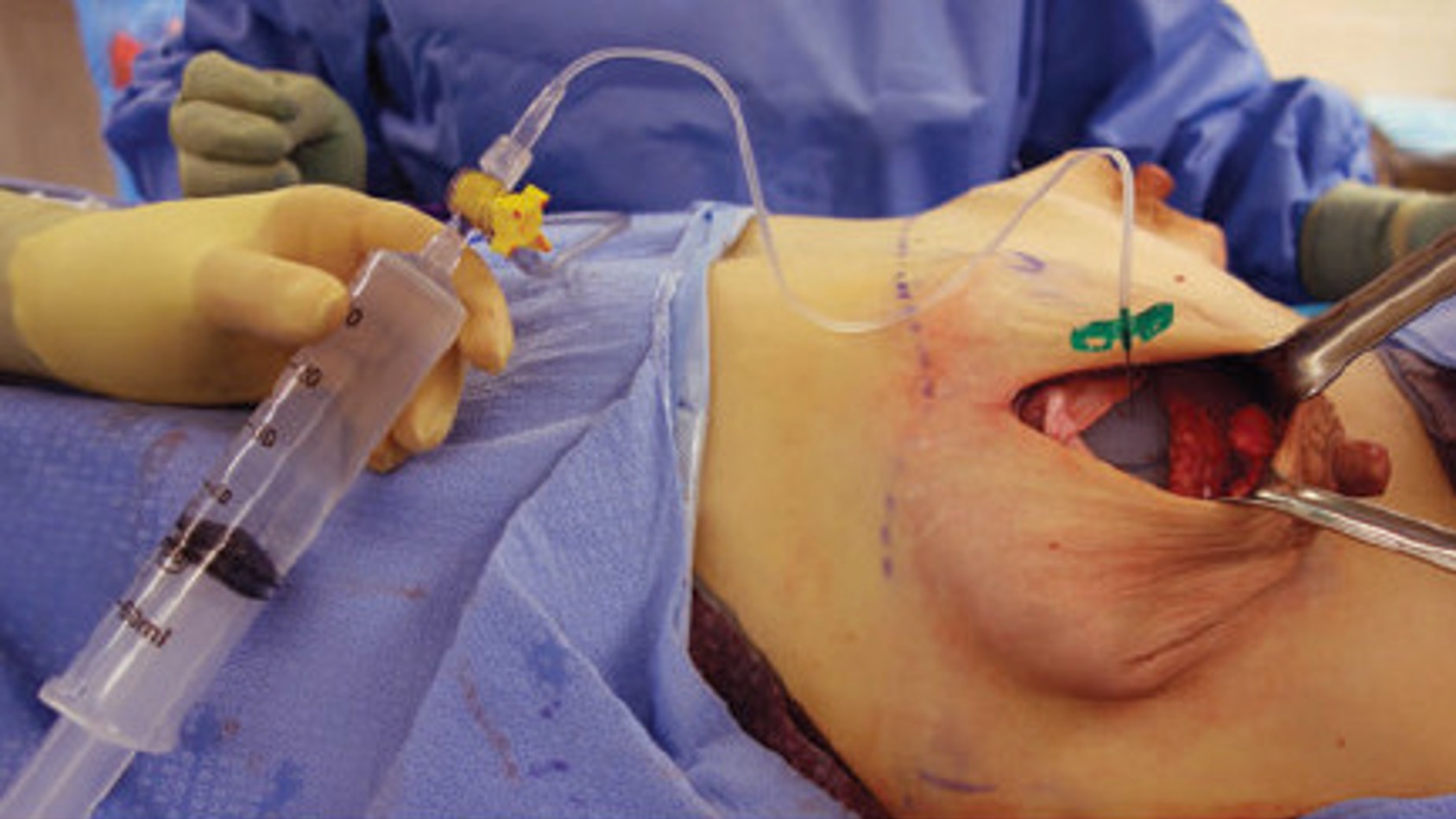Premier Plastic Surgery Seattle: Attain Your Visual Objectives
Premier Plastic Surgery Seattle: Attain Your Visual Objectives
Blog Article
A Deep Study the Typical Validation for Seeking Cosmetic Surgical Procedure: Unloading the Need for Change and Self-Improvement

Social Pressures and Appeal Criteria
Regularly, social pressures and prevailing charm criteria play a substantial role in individuals' choices to go after plastic surgery (liposuction bellevue). In contemporary culture, visual representation heavily affects personal assumptions of good looks, frequently bolstered by media, celebrity endorsements, and social platforms. These channels often promote idyllic versions of charm, leading individuals to internalize these requirements and examine their self-respect versus them

In addition, these pressures are not restricted to details demographics; they influence people across different ages, sexes, and backgrounds, highlighting the prevalent nature of elegance standards. This widespread impact increases vital inquiries about the principles of cosmetic surgery and the effects of social standards on private options. Inevitably, understanding these pressures is vital for cultivating a much more comprehensive meaning of charm that celebrates diversity.
Personal Experiences and Transformative Stories
Several people that go through cosmetic surgical procedure report transformative experiences that extend beyond plain physical adjustments. For many, these procedures serve as a stimulant for improved self-worth and a restored feeling of identification. Clients often describe feeling freed from long-standing insecurities, bring about increased confidence in both personal and expert realms.
Take, for example, the story of a girl that undertook bust augmentation after years of sensation self-conscious about her appearance. Post-surgery, she reported not just a newly found comfort in her body however likewise a substantial renovation in her social life and career chances. Likewise, a middle-aged man who chose to undergo a facelift shared just how the treatment revitalized his outlook on life, prompting him to go after new passions and connections.

Psychological Aspects Behind Cosmetic Surgical Procedure
Numerous psychological aspects contribute to the decision to undergo plastic surgery, reflecting deeper emotional and mental health considerations. Individuals typically seek medical improvements as a way to deal with feelings of insufficiency, low self-esteem, or discontentment with their appearance. These mental inspirations can be rooted in previous experiences, social comparisons, or individual goals.
Body image distortion is a common issue, where individuals regard their physical attributes in an exaggeratedly negative light. This distortion can result in compulsive thoughts about viewed defects, triggering the need for medical modification as a service. Additionally, the pursuit of excellence and societal stress can intensify these sensations, pushing individuals toward aesthetic procedures in hopes of achieving an idealized variation of themselves.
Moreover, the concept of self-improvement plays an important role. Lots of people view cosmetic surgical procedure as a path to improve their lifestyle, believing that enhanced look will cause raised social acceptance, better connections, or enhanced job possibilities. Inevitably, the mental variables behind cosmetic surgery underscore the complex interaction between individual self-perception and external impacts, disclosing the diverse nature of the need for adjustment.
The Role of Media in Assumption
In today's society, media plays a pivotal duty fit assumptions of charm and self-respect. Via numerous systems-- social media sites, television, and advertising and marketing-- idyllic requirements of charm are usually shared, influencing specific goals and self-image. These portrayals regularly stress narrow meanings of appearance, mainly featuring youthful, slim, and electronically enhanced photos, view it which can create unrealistic benchmarks for individuals aiming to adhere.
The effect of media is additional exacerbated by the prevalent nature of social media sites, where customers are pounded with curated material that highlights aesthetic improvements, supporting a culture of contrast. This continuous direct exposure can result in sensations of inadequacy amongst visitors, motivating them to think about plastic surgery as a way of attaining click site the perceived suitable. Study indicates that individuals that engage with these media depictions are much more likely to share discontentment with their look, strengthening the wish for surgical treatments.
Furthermore, the normalization of plastic surgery in media narratives can desensitize target markets, framing such treatments as commonplace and also necessary for social acceptance. Thus, the media's representation of elegance not only influences specific options relating to plastic surgery however additionally contributes to a more comprehensive societal discussion concerning self-regard and identification.
Honest Considerations and Future Patterns
Amid the expanding appeal of cosmetic surgery, ethical factors to consider surrounding the practice have come to be progressively prominent. As the demand for procedures climbs, so too do issues regarding notified authorization, the emotional inspirations of people, and the possibility for exploitation by cosmetic surgeons. It is crucial for specialists to ensure that individuals fully comprehend the dangers and advantages, as well as the effects of their selections, to foster a liable method to aesthetic improvements.
Moreover, the impact of social media and elegance standards questions about the effect on mental health and wellness, particularly amongst prone populations. As understanding of body image issues grows, honest practice requires a careful examination of the inspirations behind medical interventions. Doctors need to balance patient desires with honest responsibility, guaranteeing that choices are rooted in authentic self-improvement as opposed to social stress.
Aiming to the future, trends might shift in the direction of non-invasive and highly progressed procedures, highlighting patient security and fulfillment. In addition, the incorporation of mental examinations can aid resolve underlying concerns before surgical treatment. The cosmetic surgical procedure area must adapt to these honest challenges while promoting a culture of openness and self-acceptance, ultimately prioritizing the well-being of patients.
Conclusion
To conclude, the quest of plastic surgery is influenced by an assemblage of social stress, personal experiences, and psychological aspects. The desire for placement with dominating appeal requirements, coupled with the possibility for transformative outcomes, underscores the intricate motivations driving individuals toward these treatments. In addition, the function of media in forming understandings of charm can not be underrated. As ethical factors to consider progress, future patterns in plastic surgery will likely reflect continuous societal dialogues surrounding self-improvement and site here private identification.
Frequently, societal pressures and dominating charm requirements play a significant duty in people' decisions to pursue cosmetic surgical treatment. liposuction bellevue. Ultimately, these transformative stories highlight the multifaceted factors individuals seek cosmetic surgery, linking personal growth with the quest of visual enhancement
Numerous people see cosmetic surgical treatment as a pathway to enhance their quality of life, believing that improved appearance will certainly lead to enhanced social acceptance, much better relationships, or improved career possibilities. Eventually, the mental elements behind cosmetic surgical procedure emphasize the complicated interplay in between individual self-perception and outside impacts, revealing the multifaceted nature of the desire for modification.
As moral factors to consider evolve, future fads in cosmetic surgery will likely show recurring social dialogues surrounding self-improvement and private identity. liposuction bellevue.
Report this page